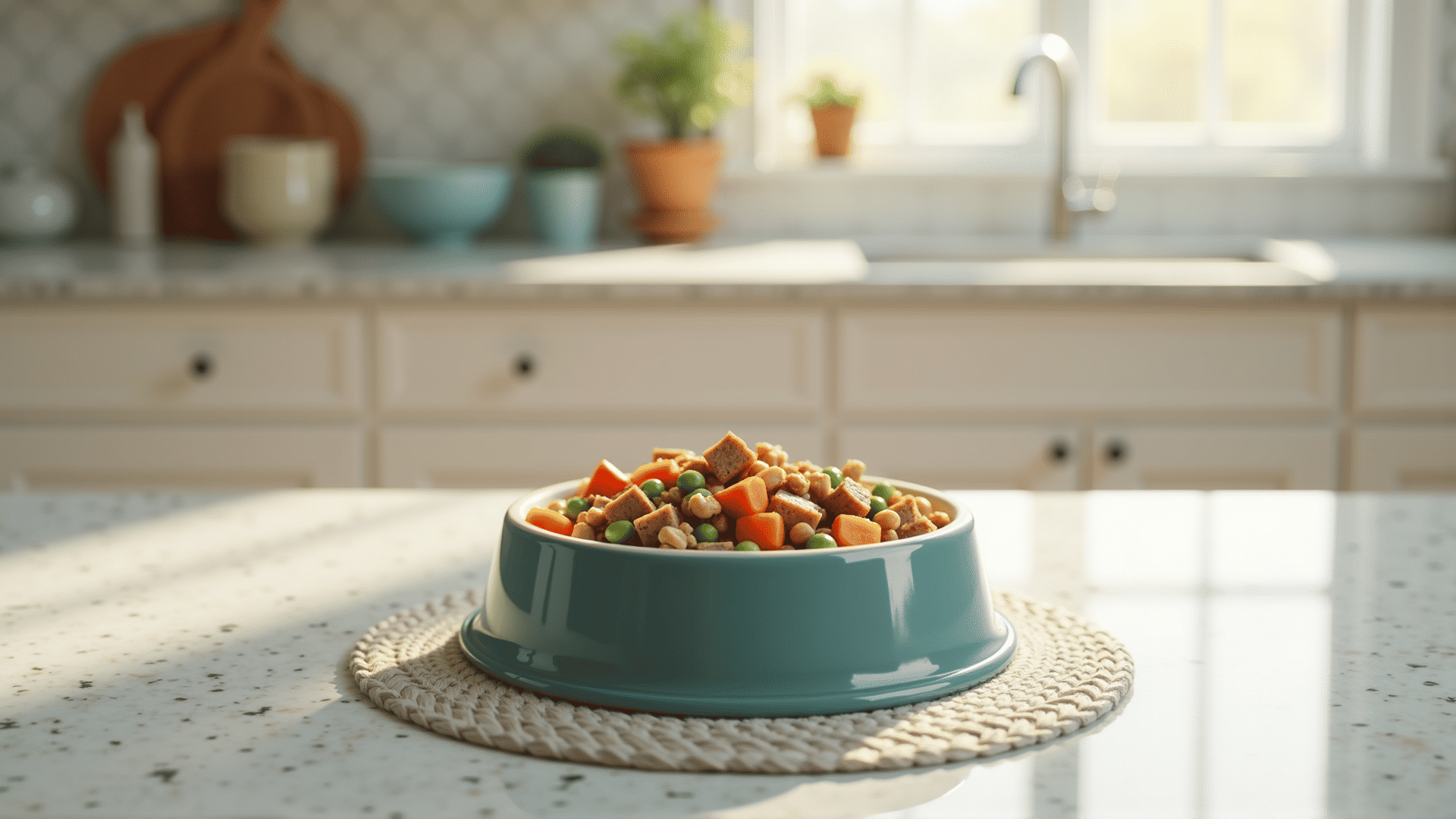Ensuring that your pet receives a nutritious diet is an essential part of their overall health and wellbeing. Just as humans require a balanced intake of various nutrients, our furry companions also need a diverse diet tailored to their specific needs. Providing the right balance of nutrients can enhance their quality of life and help prevent common health issues.
Core Components of Pet Nutrition
-
Proteins: Proteins are the building blocks of life and are crucial for the growth and repair of tissues in your pet's body. They also play a significant role in producing hormones and enzymes. Dogs commonly obtain proteins from meats like chicken, beef, and fish, while cats, being obligate carnivores, need animal-based proteins for optimal health.
-
Fats: Fats provide energy, help in the absorption of certain vitamins, and are vital for maintaining healthy skin and a shiny coat. Omega-3 and Omega-6 fatty acids are essential fats that should be included in your pet’s diet, catering especially to skin and joint health.
-
Carbohydrates: While not strictly necessary for survival, carbohydrates can be an important energy source for pets. They can be found in ingredients such as rice, corn, and vegetables. Carbs should be included in moderation, especially for pets with certain health conditions.
-
Vitamins and Minerals: Essential for numerous physiological functions, vitamins and minerals are key to maintaining a functional immune system, strong bones, and healthy blood. Each type of pet food typically includes a full spectrum of these nutrients, but it’s important to consider specific needs, such as additional calcium for growing puppies or increased antioxidants for older pets.
-
Water: Often overlooked, water is an absolute necessity for pets, aiding in digestion, nutrient transportation, and temperature regulation. Adequate hydration supports energy levels and overall health.
Special Dietary Needs
Some pets have specific dietary needs due to health conditions, age, or lifestyle. For example, young growing puppies and kittens have higher protein requirements and may benefit from a diet rich in DHA for brain development. On the other end, senior pets might require reduced calorie intake to manage weight while needing joint-supportive nutrients.
Pets with allergies may need specially formulated food to avoid trigger ingredients, ensuring they still receive complete nutrition without adverse effects. Similarly, pets dealing with medical conditions like kidney disease may require diets specially designed to support specific organs.
Consultation with a Veterinarian
It’s advisable to consult with a veterinarian when planning your pet’s diet, especially when special dietary needs arise. They can provide insights based on your pet's unique health profile, recommending the best dietary approach to meet nutritional requirements.
In conclusion, a healthy diet is the cornerstone of a long, happy life for your pet. By understanding the components of good pet nutrition and tailoring them to meet individual needs, you can ensure that your pet receives the nourishment they deserve. Prioritizing a balanced diet is not just about feeding; it is a vital part of caring for your cherished companion.
